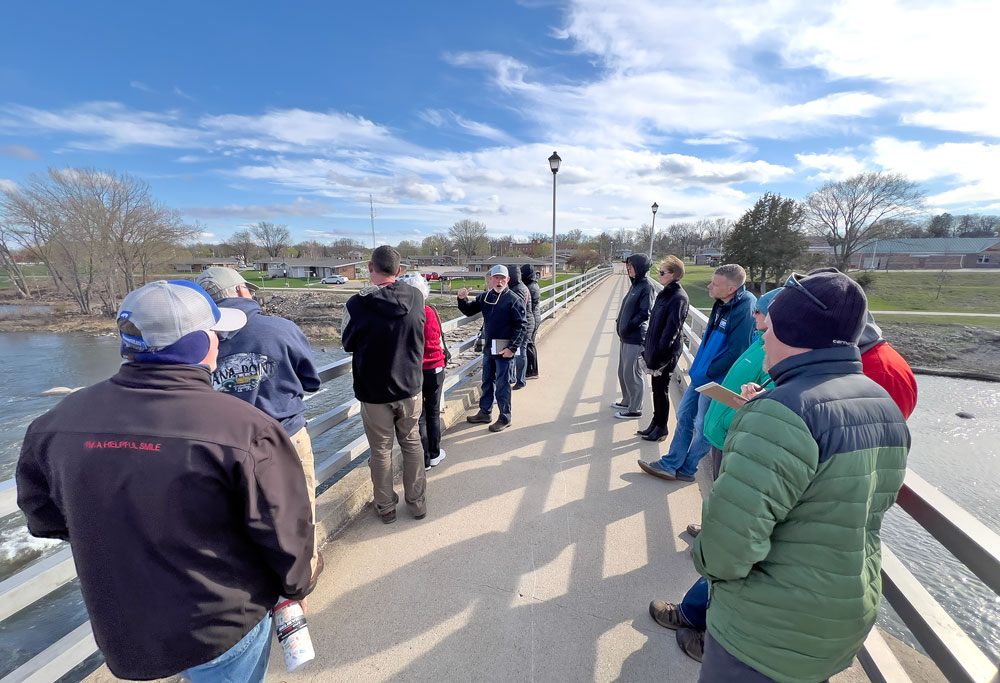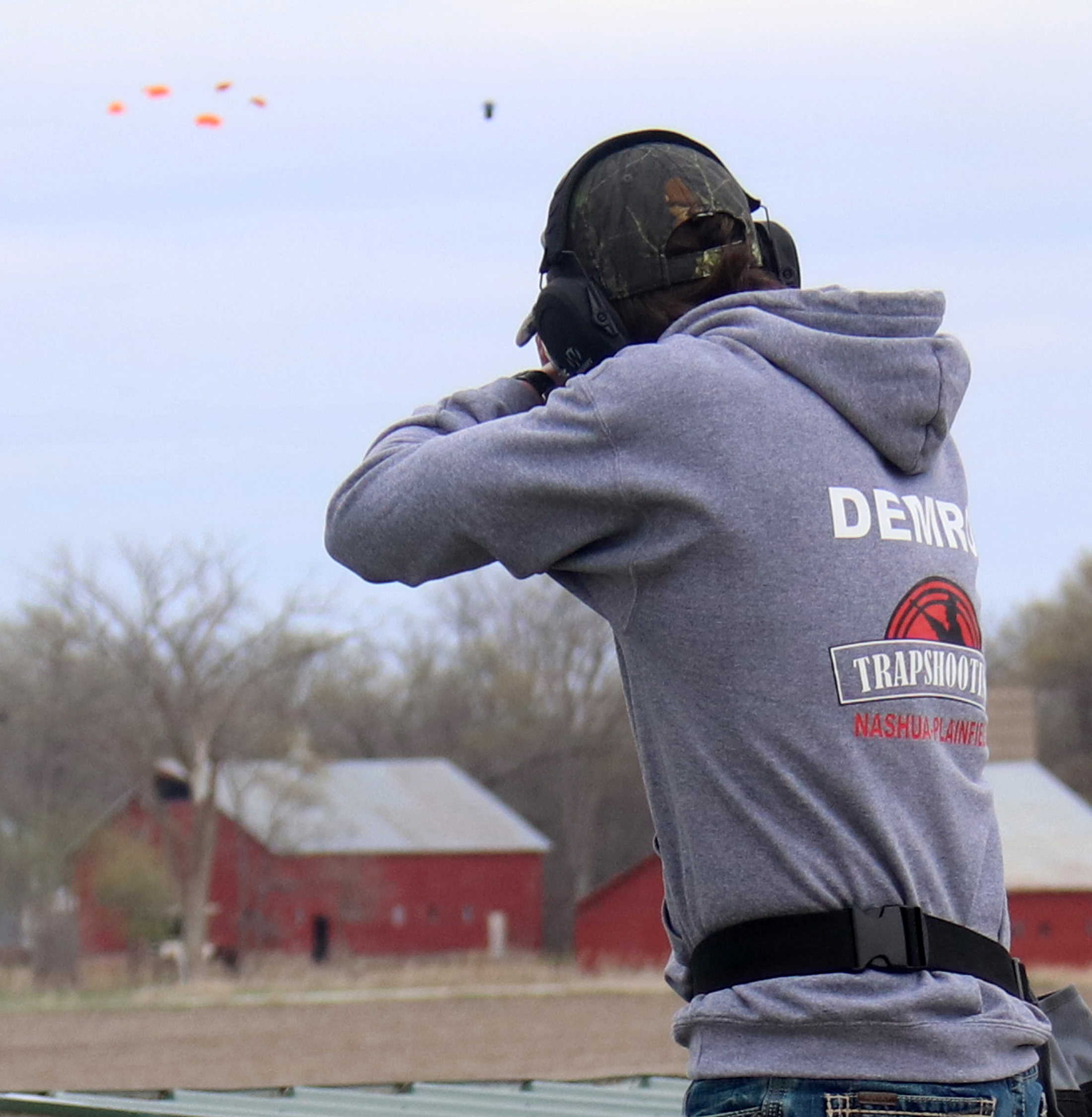Click it or Ticket campaign an effort by law enforcement to save lives
By Kelly Terpstra, kterpstra@charlescitypress.com
Memorial Day weekend is fast approaching and the time will be spent by many relaxing with friends and family. It’s a weekend of remembrance to honor those who have fallen defending our country with the United States armed forces.
The unofficial start to summer can also be one of the most deadly weekends on the highways and byways of America. There were four traffic fatalities in Iowa over the 2018 Memorial Day weekend.
That’s why the National Highway Traffic Safety Administration started the “Click It or Ticket” campaign.
The program – which became nationwide in 2003 – is a mobilized effort by law enforcement to target those not wearing their seatbelts. Local police officers and sheriff’s deputies will also pay increased attention to drivers texting while driving, driving under the influence of drugs or alcohol and making sure drivers comply with child restraint requirements.
“Basically any traffic violation, we’re going to be out there with extra enforcement, pulling you over and writing tickets,” said Charles City Police Captain Brandon Franke.
The Floyd County Sheriff’s Department also participates in the national campaign to reduce fatalities on the roadways and to make sure drivers are complying with local and state laws.
The Click It or Ticket campaign is part of an initiative called sTEP (special Traffic Enforcement Program) – a cooperative “high visibility” traffic enforcement effort coordinated around a holiday, according to the Iowa Department of Public Safety.
The program is a grant through the Governor’s Transportation Safety Bureau. There are four sets of dates that sTEP can be enforced by participating law enforcement departments. The current period of May 20 until June 2 includes Memorial Day weekend. Other periods are around St. Patrick’s Day weekend; July 3-7, around Independence Day; and Aug. 16-Sept. 2, around Labor Day.
The CCPD was one of five pilot agencies across the state that began participating in the program. The state helps fund law enforcement departments in the overtime hours worked by deputies or officers during sTEP.
“We’ve actually been doing it since sTEP started. We were one of the first ones to try it out,” said Franke.
On July 1, 2017, texting while driving became a primary offense that can get you pulled over by law enforcement. The $30 ticket can also be written to drivers who browse the Internet and snap photos via their phones.
Prior to implementation of the current texting law in Iowa, the offense was a secondary violation – meaning law enforcement had to pull a driver over for another traffic violation before one could also be charged with texting while driving.
The dangers of distracted driving are well known.
“If you’re on the highway, going 55 let’s say. You travel at least the length of a football field before you look up from your phone. A lot can happen in that space,” Franke said.
More than 3,000 teens die a year in accidents related to or caused by cellphone use while driving, according to a study by Cohen Children’s Medical Center.
According to the NHTSA, driving while texting is six times more dangerous than drunk driving.
“Just distracted driving in general – whether it’s a phone or a radio or your passenger or whatever,” said Franke.
In 2017, there were more than 10,000 unbuckled passengers who were killed in crashes in the U.S. From 2013 to 2017, seat belts saved nearly 69,000 lives, according to the NHTSA.
Franke said drivers need to be aware behind the wheel and have their eyes focused on the roadway.
“Don’t be distracted. Pay attention to everything that’s going on around you is the best advice I can give to anyone driving,” he said.







Social Share